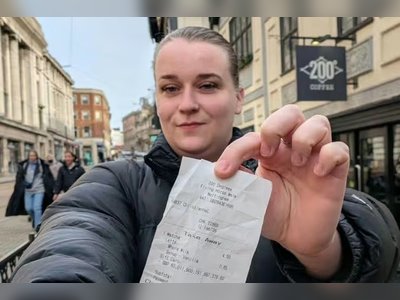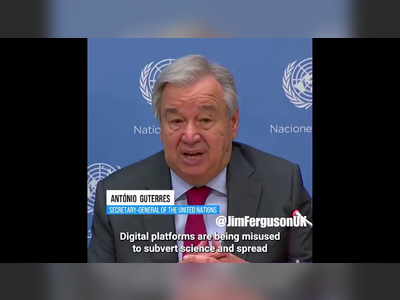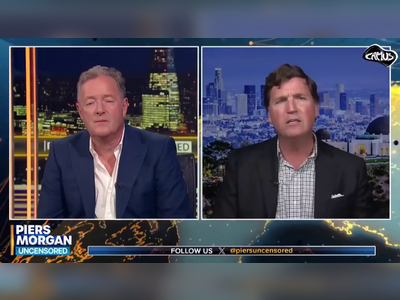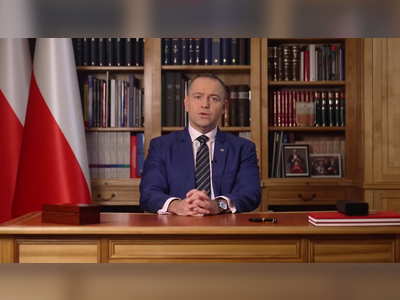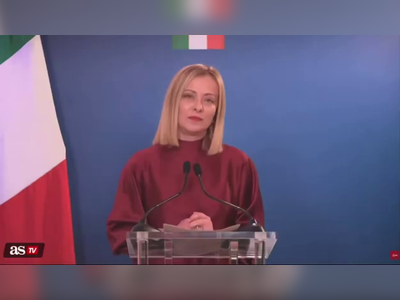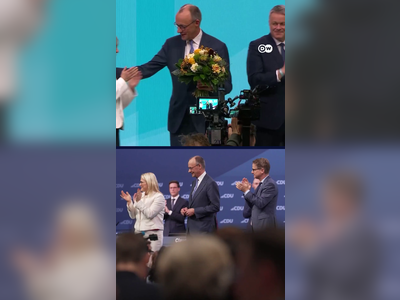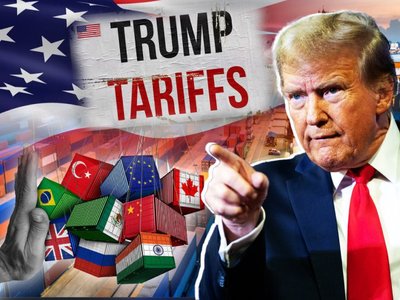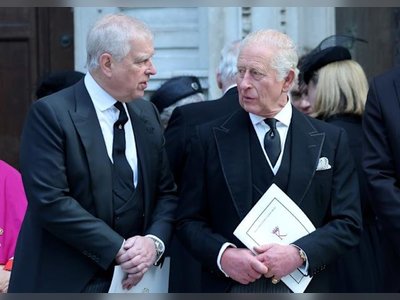Dutch Oil Trader Faces EU Sanctions Amid Russian Controversy
Niels Troost, a Dutch businessman, lands on the EU's sanctions list over alleged breaches in Russian oil pricing amid claims of deception by a fake CIA 'agent'.
In an unprecedented move, the European Union has placed Niels Troost, a Netherlands-born oil trader, on its sanctions list due to allegations connected to the ongoing conflict in Ukraine.
Troost is the first Dutch national to be sanctioned by the EU for reportedly selling Russian oil at prices above the established cap, one of the pivotal sanctions designed to limit Russia’s financial resources.
Troost, originally from Zaandam, is the driving force behind Paramount Energy & Commodities, a Geneva-based firm with operations tied to a subsidiary in Dubai.
His activities have attracted international attention, most notably with his inclusion on the UK's sanctions list as early as February, for similar allegations.
In an exclusive interview with the Financial Times, Troost, who resides in Switzerland, spoke out about his entanglement with a fraudster masquerading as a CIA agent.
This conman purportedly led Troost to believe that he was exempt from sanctions, even claiming to have secured an American license permitting continued trade in Russian oil.
Troost's defense is unwavering, with his spokesperson asserting to the Financial Times that the decision to sanction him is unfounded and does not reflect the reality of his business practices.
Both Troost and his firms, the spokesperson argues, have complied with all legal and regulatory frameworks.
This case highlights the complex and often murky world of international sanctions enforcement, where issues of misinformation and corporate deception frequently surface.
Troost’s narrative, whether perceived as defense or deflection, adds another intricate layer to the geopolitical chess game surrounding Russian energy exports.
The ramifications of this development extend beyond individual or corporate culpability, tapping into broader debates about the efficacy and enforcement of international sanctions regimes.
As the EU continues to bolster its sanctions list, Troost’s case may serve as a cautionary tale—or a contentious point of contention—within diplomatic circles and the global business community alike.
Troost is the first Dutch national to be sanctioned by the EU for reportedly selling Russian oil at prices above the established cap, one of the pivotal sanctions designed to limit Russia’s financial resources.
Troost, originally from Zaandam, is the driving force behind Paramount Energy & Commodities, a Geneva-based firm with operations tied to a subsidiary in Dubai.
His activities have attracted international attention, most notably with his inclusion on the UK's sanctions list as early as February, for similar allegations.
In an exclusive interview with the Financial Times, Troost, who resides in Switzerland, spoke out about his entanglement with a fraudster masquerading as a CIA agent.
This conman purportedly led Troost to believe that he was exempt from sanctions, even claiming to have secured an American license permitting continued trade in Russian oil.
Troost's defense is unwavering, with his spokesperson asserting to the Financial Times that the decision to sanction him is unfounded and does not reflect the reality of his business practices.
Both Troost and his firms, the spokesperson argues, have complied with all legal and regulatory frameworks.
This case highlights the complex and often murky world of international sanctions enforcement, where issues of misinformation and corporate deception frequently surface.
Troost’s narrative, whether perceived as defense or deflection, adds another intricate layer to the geopolitical chess game surrounding Russian energy exports.
The ramifications of this development extend beyond individual or corporate culpability, tapping into broader debates about the efficacy and enforcement of international sanctions regimes.
As the EU continues to bolster its sanctions list, Troost’s case may serve as a cautionary tale—or a contentious point of contention—within diplomatic circles and the global business community alike.

